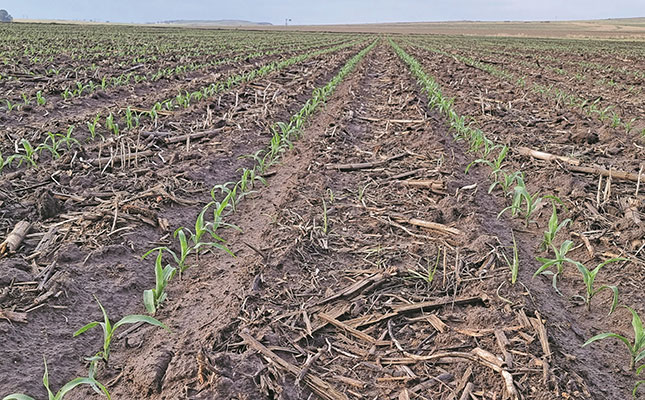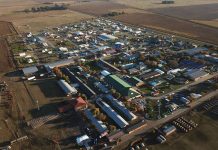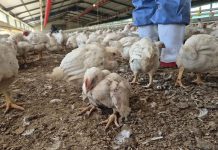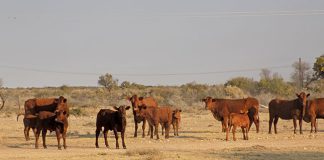
Photo: FW Archive
Celebrated on Monday (5 December) under the theme: ‘Soils: Where food begins’, the Food and Agriculture Organization of the United Nations (FAO) stressed in a statement that the commemoration was aimed at increasing awareness of these challenges and encouraging societies around the world to improve soil health.
Soil nutrient loss was recognised as being one of the most critical problems at a global level when it came to food security and production sustainability, the FAO said.
READ Management: the key to improving soil health
According to the statement, the level of vitamins and nutrients in food had drastically decreased over the past 70 years.
As a result of soil degradation, some soils globally were becoming be nutrient-depleted, thereby losing their capacity to support crops.
At the same time, soils in other parts of the world had such a high concentration of nutrients that it created a toxic environment for plants and animals, polluted the environment, and resulted in climate change, the FAO added.
READ Using livestock for healthier soil
Meanwhile, Dr Corrie Swanepoel, a soil scientist at the Agricultural Research Council, told Farmer’s Weekly that most of the soils in the country had been classified as marginal, with only 13% regarded as fertile, and 3% as highly fertile.
While crop production generally occurred on fertile and highly fertile soils, some crop cultivation practices could result in the deterioration of soil health.
According to her, recent research showed that between 25% and 48% of soil carbon was being lost through crop cultivation in some areas of South Africa.
“Soil health is mainly determined by levels of organic matter. The higher the organic matter content, the better the moisture retention ability, stability and nutrient status of soil.
“Healthy soils are known for excellent drainage and structure that prohibits erosion and loss of top soil,” she added.
Swanepoel stressed the value of regenerative agriculture, and said it was invaluable in terms of the conservation and increase of organic material, crop diversification, and improved nutrient and soil fertility levels.
She added that healthy soils were well-drained, aerated and consisted of a balanced ecosystem. This was of the utmost importance since healthy soils maintained healthy plants, which made for successful food and fibre production.










